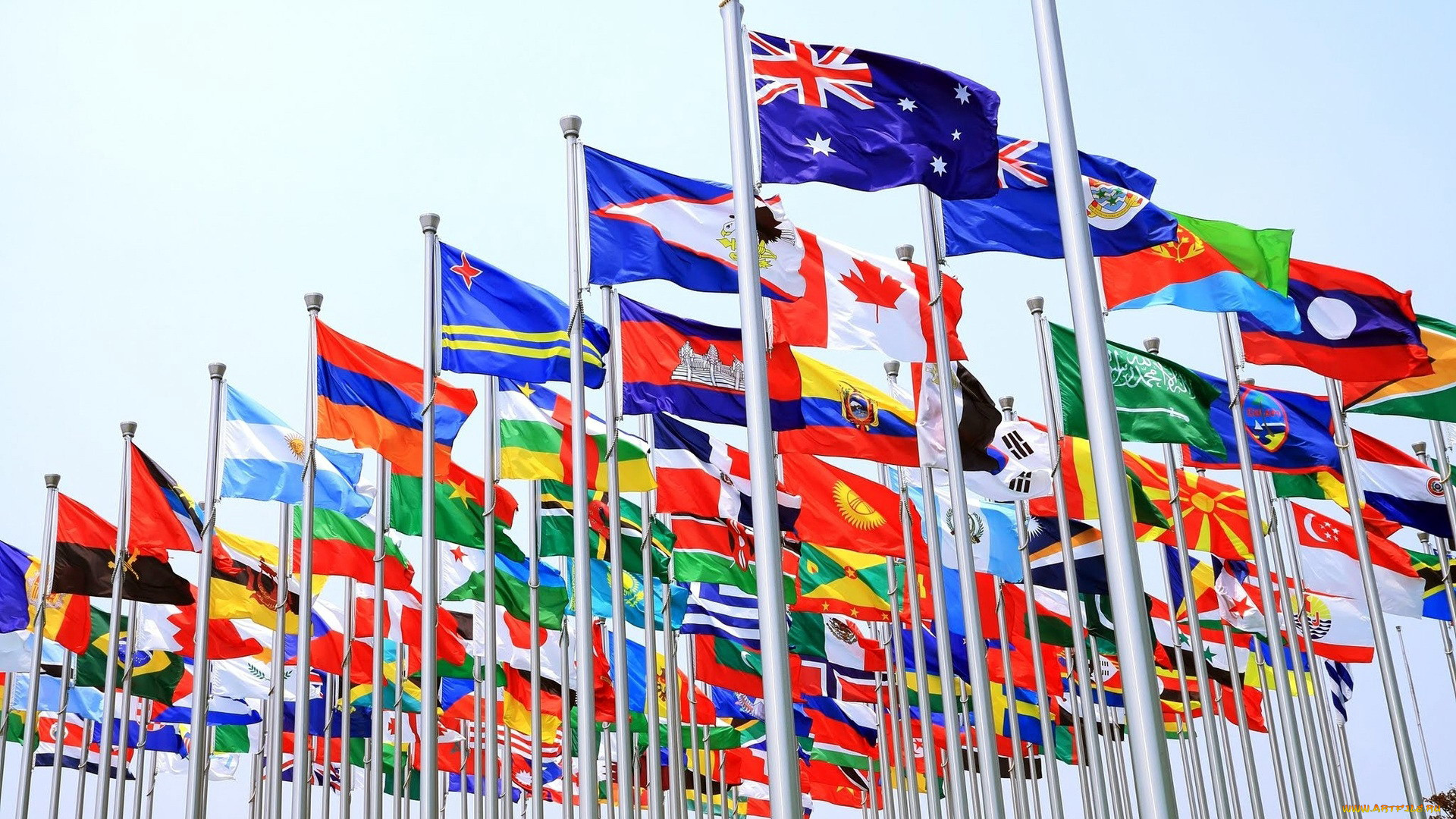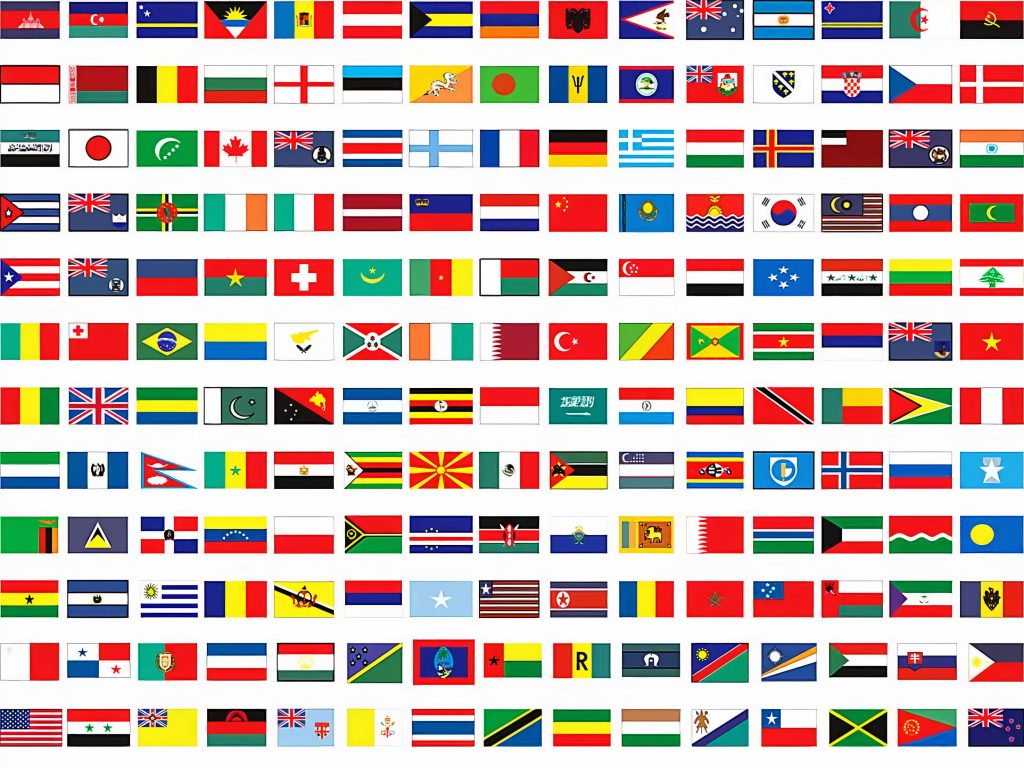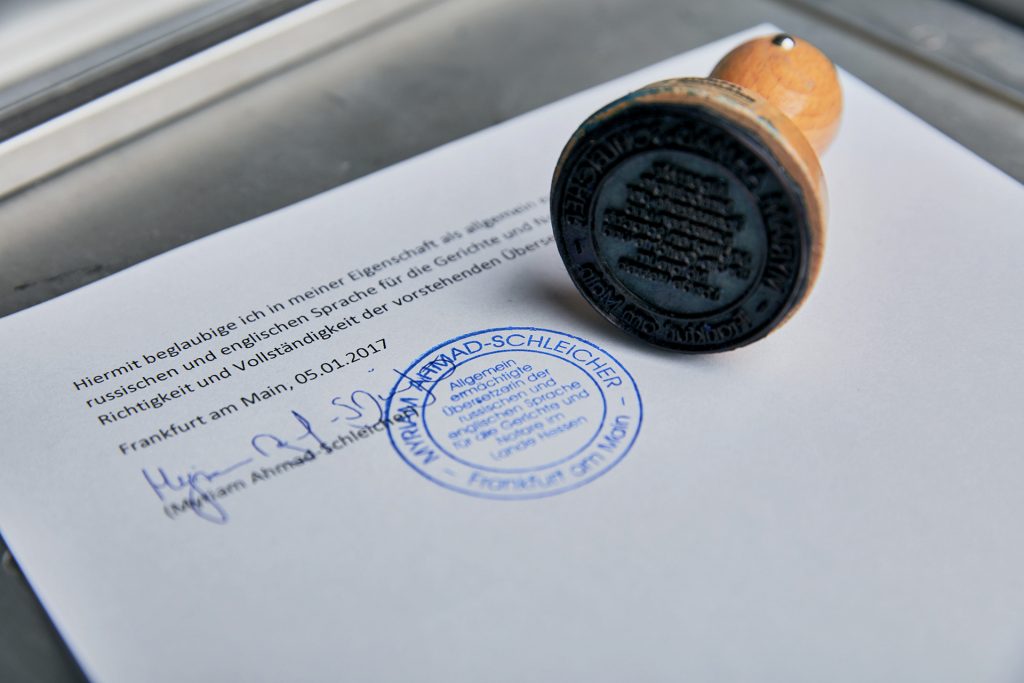Online translation https://lingvanex.com/translation/english-to-tagalog of technical and scientific content is essential for sharing knowledge and research across language barriers. However, accurately translating technical terminology, complex concepts, and specialized jargon presents unique challenges. In this article, we will explore strategies for improving online translation for technical and scientific content, ensuring accuracy, clarity, and effective communication in these specialized fields.
Specialized Translation Expertise:
Technical and scientific content requires subject-matter expertise to ensure accurate translations. Translators with a background in the specific field can better grasp the nuances and terminology, leading to more precise translations.
Solution: Engage translators who possess technical and scientific expertise and a solid understanding of the subject matter. Their specialized knowledge will result in more accurate and contextually appropriate translations.
Translation Memory and Glossaries:
Establishing translation memory and glossaries for technical terms helps maintain consistency in translations. A robust translation memory system stores previously translated segments, ensuring uniformity across documents and projects.
Solution: Create and maintain a centralized translation memory and glossary database. Translators can reference these resources to ensure consistent usage of technical terms and phrases.
Collaborative Approach:
Collaboration between subject-matter experts and translators can enhance the quality of translations. Subject-matter experts can clarify technical details, and translators can ensure that the content is accurately conveyed in the target language.
Solution: Encourage open communication and collaboration between technical experts and translators https://lingvanex.com/translation/english-to-korean throughout the translation process.
Contextual Understanding:
Technical and scientific content often relies on context for accurate interpretation. Ambiguous terms and abbreviations require contextual understanding to avoid misinterpretations.
Solution: Encourage translators to seek context from clients or subject-matter experts when translating technical content. Proper understanding of the context will lead to more accurate translations.
Adapting to Target Audience:
Consider the target audience when translating technical content. Some technical jargon may not be familiar to non-experts, and the level of technicality should be adjusted accordingly.
Solution: Tailor the level of technicality in translations based on the knowledge and expertise of the target audience. Simplify complex concepts when necessary without compromising accuracy.
Continuous Learning and Training:
Technical fields are constantly evolving. Translators should stay up-to-date with the latest developments in their respective areas of expertise.
Solution: Encourage continuous learning and professional development for translators to keep them informed about advancements in technical and scientific fields.
Quality Assurance:
Implement a robust quality assurance process to review and validate translated technical content. This process should involve proofreading, editing, and validation by subject-matter experts.
Solution: Establish a review and validation process that ensures accuracy and correctness in the translated technical content.:
Improving online translation for technical and scientific content requires a combination of specialized expertise, collaboration, context understanding, and quality assurance. By employing translators with subject-matter knowledge, maintaining glossaries and translation memory, and ensuring open communication between experts and translators, businesses and researchers can effectively overcome the challenges of translating technical content and foster accurate and effective communication across linguistic boundaries.



